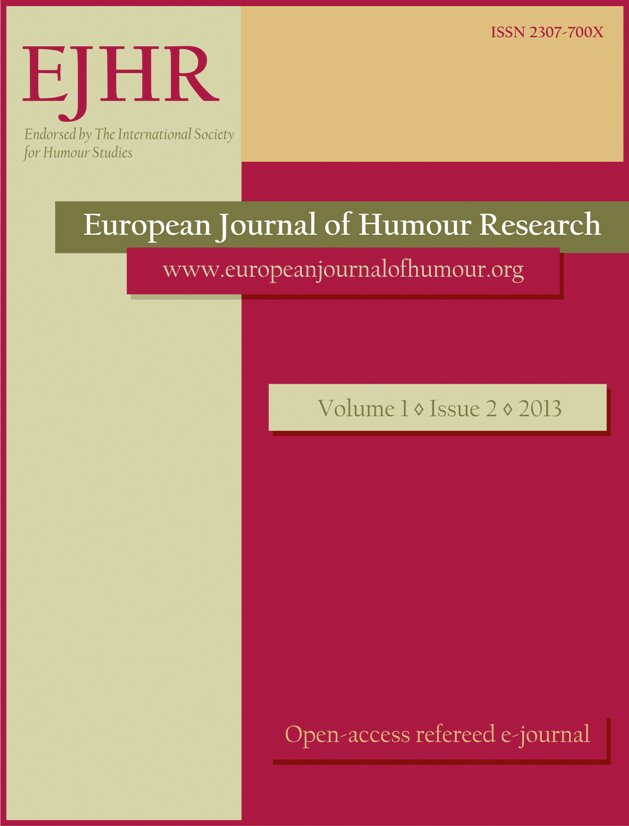The Singapore Mass Rapid Transport:
The Singapore Mass Rapid Transport:
Α case study of the efficacy of a democratised political humour landscape in a critical engagement in the public sphere
Author(s): Khin Wee ChenSubject(s): Politics / Political Sciences, Social Sciences, Language and Literature Studies, Media studies, Theoretical Linguistics, Applied Linguistics, Political Theory, Communication studies, Pragmatics, Sociolinguistics, Politics and communication, Politics and society
Published by: Krakowskie Towarzystwo Popularyzowania Wiedzy o Komunikacji Językowej Tertium
Keywords: political humour; Internet memes; Singapore; media control; democratisation;
Summary/Abstract: Political cartoons can function as a means of monitoring the level of press freedom, of government’s tolerance of free speech, and their resistance to challenges posed by opposition. It may also be argued that in this digital age the aforesaid barometric utility can extend to other satirical visual forms like memes and videos. Singapore has a long reputation for its strict media control, iron-grip on the mainstream media, and zero-tolerance for any form of spontaneous public protest. However, the arrival of the digital information age effectively eroded the government’s hegemony over the public sphere, resulting in a revitalisation of democracy and the empowerment of a traditionally docile and acquiescent citizenry with regards to politics. As with most socio-political struggles in the past, political humour can be seen playing once again an important role in the expression of dissent and criticism of the establishment in the island-state. However, unlike in the past when such political humour was the domain of a small group of professional artists and writers, the new media with its immense capabilities like powerful search engines, social networks, YouTube, Twitter and various computer applications like Photoshop and Macromedia Flash, has for the first time provided tools for ordinary people who hitherto may have lived in fear of voicing their dissatisfaction all their lives, but are now empowered to create their individual and personalised expressions of protest through the use of Internet memes and other techniques, sometimes within hours of a piece of news breaking. This paper presents a case study that demonstrates how political humour “of the people, by the people” helped fuel a public outcry against the incompetence and negligence of a Singapore public transport provider that had resulted in a series of major breakdown that brought great embarrassment to a country known for its ability to “make things work”. The public’s demand for accountability has led to the unprecedented resignation of the Chief Executive Officer.
Journal: The European Journal of Humour Research
- Issue Year: 1/2013
- Issue No: 2
- Page Range: 43-68
- Page Count: 26
- Language: English

